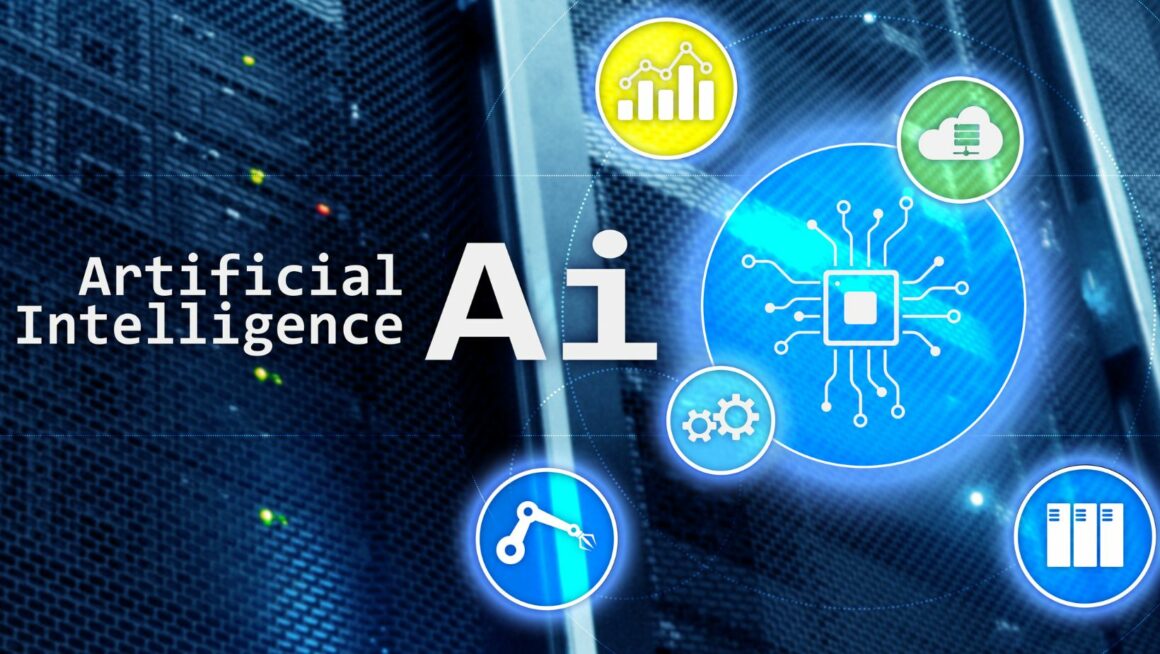Artificial Intelligence (AI) is revolutionizing the landscape of business administration, offering innovative solutions and unprecedented efficiencies. Companies worldwide are integrating AI technologies to streamline operations, enhance decision-making, and gain a competitive edge. From automating routine tasks to providing deep insights through data analysis, AI is transforming how businesses operate in today’s fast-paced digital environment.
The integration of AI in business administration isn’t just a trend; it’s a necessary evolution. As AI continues to advance, its potential to reshape traditional business practices grows, promising a future where efficiency and innovation go hand in hand.
Understanding AI in Business Administration
AI in business administration focuses on increasing operational efficiency and enhancing decision-making capabilities. It transforms traditional practices by automating repetitive tasks such as data entry and customer service inquiries.
AI systems, powered by machine learning and data analytics, provide valuable insights into business trends. Companies analyze large datasets to forecast market demands and optimize resources. These insights enable proactive decisions, minimizing risks associated with rapid market changes.
Companies leveraging AI in business administration maintain a competitive edge. They adapt swiftly to technological advancements and capitalize on growth opportunities. As AI continues to evolve, its role in transforming business administration grows—especially with innovations like agentic automation, which promise even more contextual and autonomous solutions for future readiness and sustained success. This emerging approach enables AI-powered agents to not only execute tasks but also make decisions independently, aligning closely with the next frontier of intelligent business operations.

Applications of AI in Business Administration
AI in business administration revolutionizes how companies streamline processes, enhance decision-making, and boost customer experiences.
Streamlining Operations
AI optimizes operational efficiency by automating tasks such as data entry and invoicing. Machine learning algorithms predict equipment maintenance needs, reducing downtime and costs. AI-driven supply chain management enhances resource allocation, ensuring just-in-time inventory.
Enhancing Decision-Making
Advanced AI systems process vast data sets to deliver actionable insights, enabling better strategic choices. Predictive analytics help forecast market trends, supporting proactive adjustments. AI assists executives by identifying patterns in consumer behavior and supply shifts.
Improving Customer Experience
AI elevates customer service through personalization and automation. Chatbots handle routine inquiries, ensuring fast response times. Natural language processing tailors marketing communications, offering personalized recommendations that increase satisfaction and loyalty.

Key Technologies Driving AI in Business
Artificial Intelligence (AI) in business administration is powered by several key technologies. Understanding these technologies is crucial for leveraging AI’s transformative capabilities.
Machine Learning
Machine learning is central to AI in business administration. It enables systems to learn from data, recognize patterns, and make informed decisions. In inventory management, machine learning predicts demand, optimizing stock levels.
Natural Language Processing
Natural Language Processing (NLP) allows machines to understand and interpret human language. In customer service, NLP powers chatbots that handle routine inquiries efficiently, reducing response times and freeing human agents for complex issues.
Robotics Process Automation
Robotics Process Automation (RPA) automates repetitive tasks, improving efficiency in business administration. RPA handles tasks such as data entry and invoice processing, reducing errors and operational costs. In HR, RPA streamlines onboarding processes, ensuring timely and accurate hiring procedures.

Benefits of AI in Business Administration
AI in business administration offers significant advantages, transforming traditional methods and enhancing organizational performance.
Increased Efficiency
AI streamlines operations by automating routine tasks, leading to remarkable efficiency gains. For instance, AI-powered tools handle data entry and process management, freeing employees to focus on strategic initiatives. Additionally, AI systems support continuous monitoring and predictive maintenance, minimizing operational disruptions and maximizing productivity.
Cost Reduction
By implementing AI technologies, businesses greatly reduce operational costs. Automation lowers labor costs, particularly in customer service and administrative functions, while predictive analytics decreases inventory and supply chain expenses. These reductions allow companies to allocate resources more effectively, optimizing their budgets and boosting profitability.
Strategic Planning
AI enhances strategic planning by providing deep insights into market trends and consumer behavior. Advanced data analytics enable companies to forecast demand accurately and formulate effective strategies. This capability supports informed decision-making, helping executives identify growth opportunities and adapt swiftly to changing market dynamics, thus maintaining a competitive edge.
Despite challenges such as data privacy and implementation costs, the potential benefits of AI are substantial, offering significant returns on investment. As AI continues to advance, its role in business administration will only expand, promising a future where companies can navigate complexities with agility and foresight.

